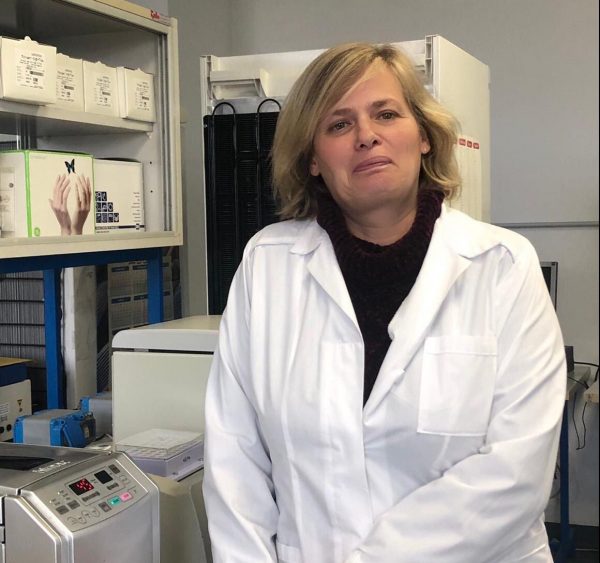
1996: MSc in Applied Genetics at University of Pavia (IT)
1991: BSc in Biology at University of Pavia (IT)
2010-Today: Senior research scientist at the Italian Council for Research (CNR), Institute of agricultural biology and biotechnology (IBBA)
2001-2009: Researcher at the Italian Council for Research (CNR), Institute of agricultural biology and biotechnology (IBBA)
2000-2001: Researcher at Institute of Biomedical Technologies (ITB)
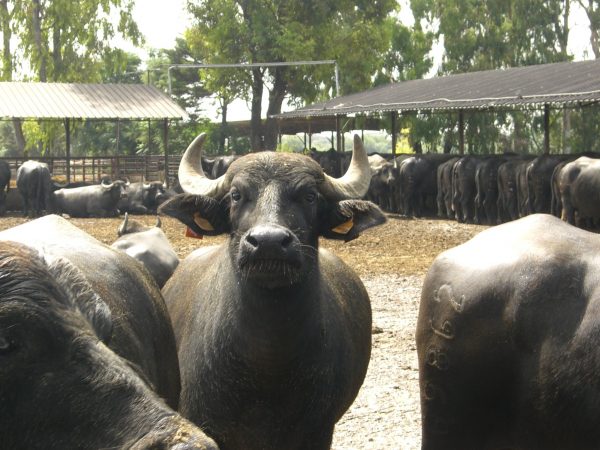
GENOBU is an original, innovative and multidisciplinary project combining genome sequencing of the water buffalo to the healthiness of animals and the improvement of quality and quantity of buffalo food products. The project will develop know-how and innovative process technologies to be provided to breeders and agro-food industry, with the objectives of optimizing the efficiency in milk processing, and to ensure best nutraceutical value to buffalo foods.
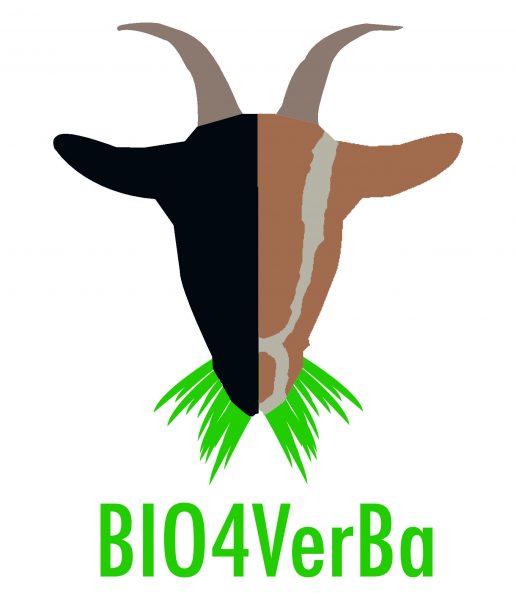
BIO4VERBA project arises from the need of the breeders of the Verzaschese and Bionda dell’Adamello goat breeds to preserve and enhance their local breeds and the relative products.
BIO4VERBA has the following objectives:
5. Support breeders who prefer grazing, through a characterization of their products (Formaggella del Luinese PDO and Fatulì of the Saviore Valley) that allow to identify the contribution of grazing to the sensorial cheese properties (characteristics of cheeses).
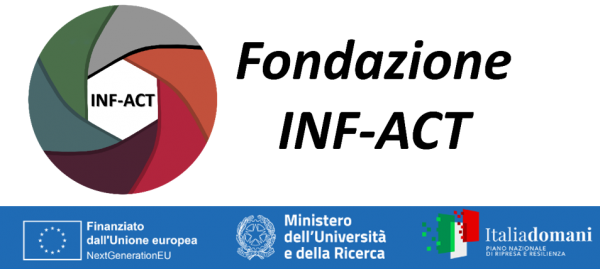
The INF-ACT research program addresses pressing unmet needs of human emerging infectious diseases in both fundamental as well as in translational aspects, taking into consideration human health in a wider context including domestic and wild animals as potential disease reservoirs and environmental factors enhancing the possibility for spillover (One Health approach).
The project is focused on three “vertical” research nodes
and two “transversal” research nodes to interact with the basic and translational activities
The INF-ACT consortium is composed of 25 research Institutions from the public and the private sector from all over Italy; the CNR is involved in Node 1, 3, 4 and 5.
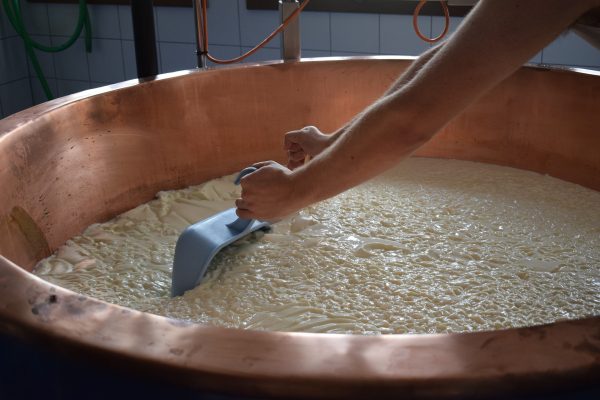
The project aims to provide scientific evidence to support a revision of the production specification for Valtellina Casera DOP cheese to improving product quality. To this end, the entire production chain will be considered, from breeding to cheese ripening, verifying the influence of some production choices on the characteristics of the cheese. Specifically, we will evaluate the influence of: milk of different bovine breeds, use of raw milk in the dairy process, use of native and protective enzymes, curd pressing methods and cheese ripening methods.
The influence of cheese microbiota will be evaluated, through cultural methods and metagenomic analysis, on the (bio)chemical processes that characterize the maturation of the cheese, and on the sensory characteristics. The evidence obtained will provide useful elements for a precise revision of the specification and will also be able to provide elements to support a differentiation of the cheese within the PDO.
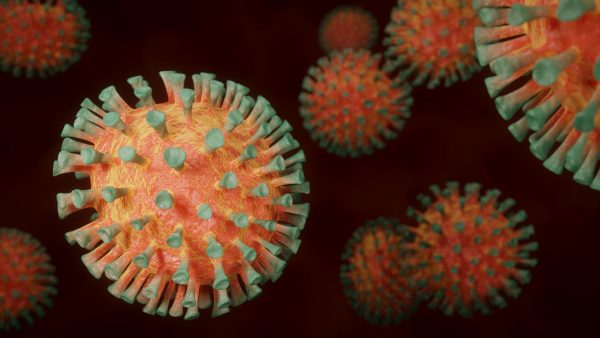
The COVES project will develop and validate a simplified sampling and analysis procedure on a portable device for the specific and sensitive detection of the SARS-CoV-2 virus in the environment. This procedure will ensure greater safety in the work areas, thus reducing the negative impact that the COVID-19 emergency has on the local and national economy and decreasing the gap between the information and the suggested solutions. The main result of the project will be the development of a method for the rapid analysis of the SARS-CoV-2 in the environment, suitable for a field-use also by non-expert users. The project involves Hyris Ltd, leader of the project, which develops the technology, IBBA CNR which will take charge of the method validations and IZSLER (section of Pavia) which will validate “in-situ” the efficacy of this method on various contaminated surfaces using SARS-CoV-2 positive samples with known concentration.
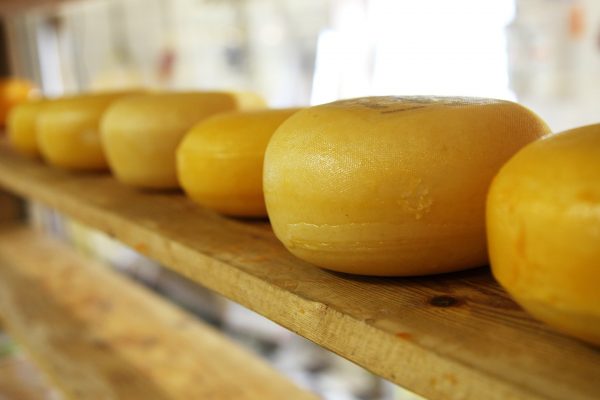
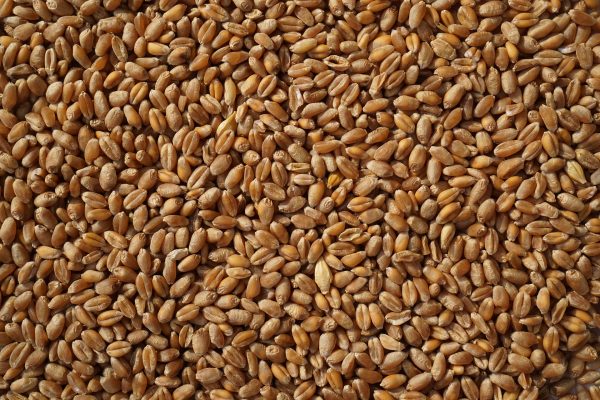
Il progetto si articola in tre step:
1) L’avvio di un’iniziativa volta al sequenziamento del genoma di frumento duro; l’obiettivo sarà perseguito attraverso strategie complementari che, nel loro complesso, permetteranno di affrontare le due principali problematiche associate al sequenziamento del complesso genoma di questa specie (presenza di due genomi altamente simili e alta percentuale di sequenze ripetute).
2) La caratterizzazione a livello proteomico e metabolomico delle varietà utilizzate per gli studi di genomica. I risultati di questa analisi saranno integrati con quelli prodotti dall’analisi genomica, evidenziando la presenza di eventi post-trascrizionali e post-traduzionali nella biosintesi delle proteine e fornendo indicazioni sulla attivazione di specifici percorsi metabolici.
3) La fenotipizzazione di 150 accessioni già genotipizzate (profili SNP) e derivate tramite Single Seed Descent da landraces/ecotipi. Questa collezione è conservata presso la sede di Bari dell’Istituto di Bioscienze e Biorisorse del Consiglio Nazionale delle Ricerche. Questi materiali consentiranno la realizzazione di una analisi di mappatura per associazione tra gli SNPs e le caratteristiche morfo-fisiologiche delle piante, fornendo quindi le basi per l’utilizzazione di queste risorse genetiche nella costituzione di nuove varietà di frumento duro.
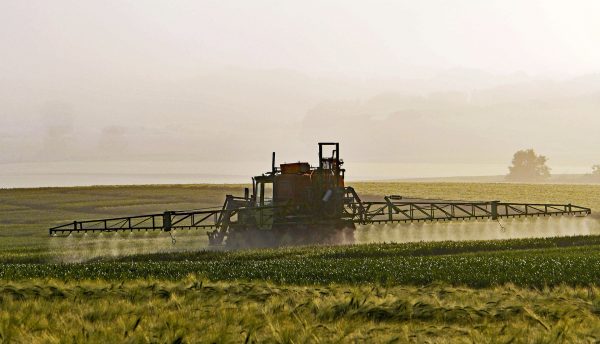
The FILAGRO project aims to provide solutions to several issues that are emerging in the field of modern agriculture. They concern: production sustainability, biodiversity and environment preservation; improvement in food quality, safety and healthy and nutritional aspects; technology development in favor of industry; new knowledge dissemination. These issues are highlighted as of high importance in the EXPO 2015 and Horizon 2020 programs as well as in the 2013-2015 plan of the Agriculture Directorate of the Lombardy Region.
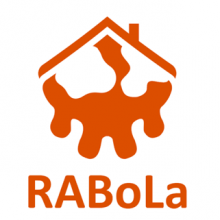
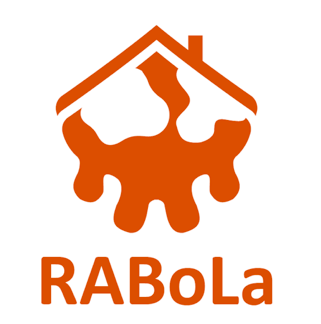
The project, which involves different departments of the University of Milan (DISAA, DIMEVET, VESPA), researchers from the CNR ISPA and CNR IBBA and the DIANA Department of the Catholic University of the Sacred Heart of Piacenza, aims the primary identification of operative practices for reducing the use of antibiotics in the dairy cow herds. During the study, operative protocols already preliminary tested (administration of Aloe arborescens, use of Lactococcus lactis subsp. cremoris in pre and post dipping, molecules to inhibit Prototheca spp) will be validated during the entire lactation cycle of the cows.
This project will allow breeders to take advantages of new nutraceutical strategies and alternatives to the use of antibiotics, to enhance the innate defences and reduce the incidence and severity of mastitis. The validation of an effective protocol for the selective drying of animals would lead to a reduction of the preventive use of antibiotics, in line with what is requested at European level.
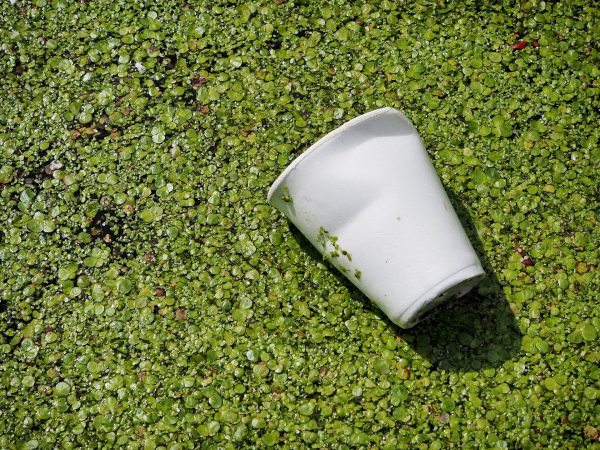
The purpose of the project is to develop an integrated biological system to purify wastewater originated by anaerobic digestion of OFSMW, based on duckweed ability to tolerate high nitrogen and phosphorous concentration.
The project is proposing to develop a sustainable and completely natural system capable of achieving two objectives at the same time:
– a biological wastewater treatment;
– the transformation of some pollutants in raw materials (starch and fatty acids) that can be used in food and biochemical industries , replacing products obtained from agriculture or hydrocarbons.
In addition we would like to make a contribution to the understanding of microbiome degrading in the rhizosphere of aquatic plants used in the system, highlighting its effects on urban organic waste purification and more broadly on microbial water safety.
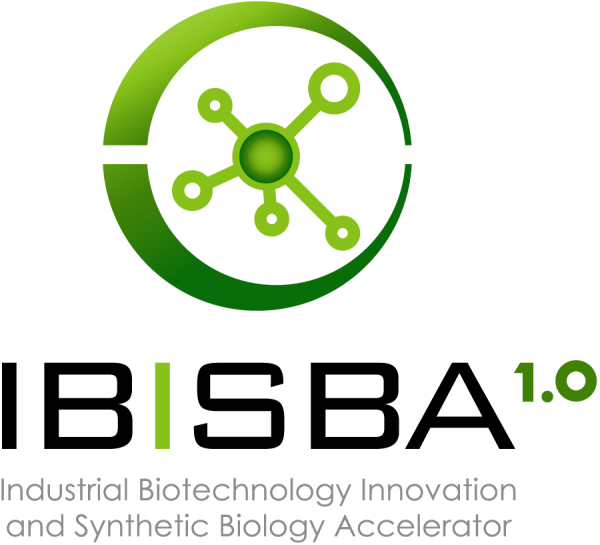
IBISBA 1.0 provides a coordinated network of research facilities to promote R&D in bioprocess development and support the bioeconomy. The facilities cover a wide range of experimental and in silico operations and disciplines, and together represent an R&D continuum to build quality biomanufacturing processes for industrialisation. IBISBA 1.0 aims at establishing an interoperable network of infrastructures capable of proposing R&D services to industrial biotechnology professionals. In this respect, IBISBA 1.0 has launched a Transnational Access (TNA) programme, which is conducted in the framework of open calls for projects.
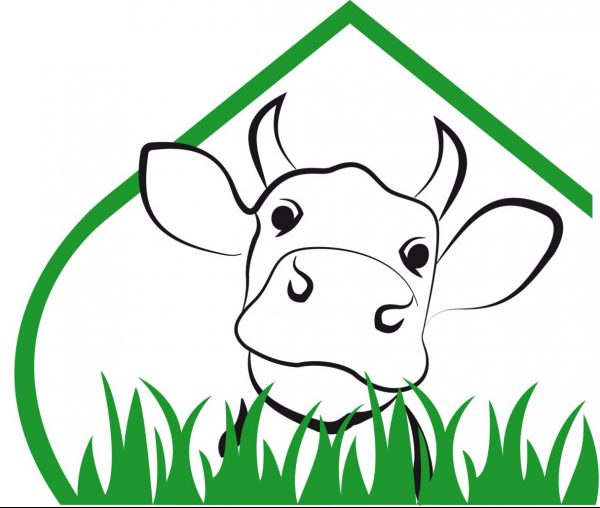
The project FARM-INN aims to provide farm-level interventions supporting dairy industry enhancing safety and quality of milk and cheese and providing the necessary scientific evidence and new insight regarding their functional properties. The proposed actions will be carried out assessing and improving animal welfare and the environmental sustainability. In particular, two aspects will be tackled and studied in the proposed project: i) the development and use of new feed supplements adsorbing mycotoxins and reducing pathogenic and spoilage clostridia in milk ii) the characterization of cheese making and functional properties of A1 and A2 variants of beta-casein in milk. The evaluation of environmental sustainability of the adsorbent supplementations to the cow rations and the potential effect of cheese making using A1 and A2 beta-casein types in milk analyses through a Life Cycle Assessment approach will be performed.
The project will offer opportunities to the dairy farmers to strengthen their competitiveness, in the context of a better control of safety and quality issues, and will help dairy industry in placing on the market high-quality products adapted to the new expectations of consumers.
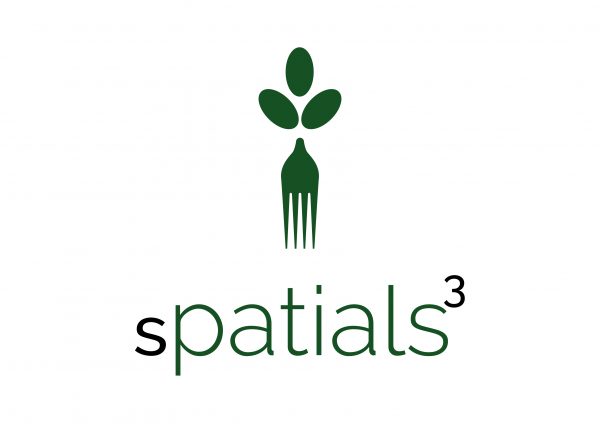
sPATIALS3 is a technological and research hub involving 12 CNR Institutes belonging to 4 different Departments and 4 companies. Main objectives will be: obtainment of innovative food products improved for their nutritional and functional properties; provision and implementation of precision technologies to guarantee products quality, safety and traceability; development of innovative and eco-sustainable smart– and active-packaging to minimize and reuse wastes, where possible, and to increase food preservability; provision to consumers and producers of tools for results exploitation.
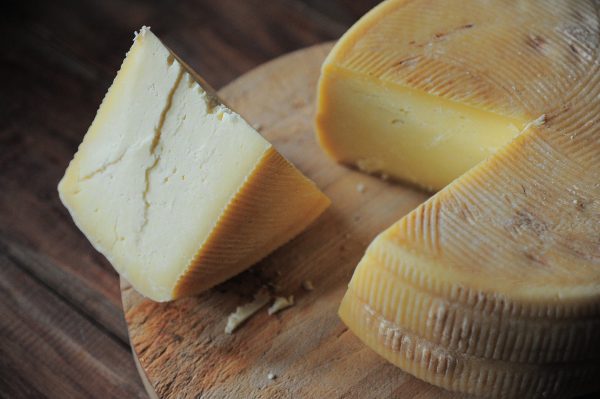
The USEFUL project aims to solve some critical issues in the production of Lombardy PDO cheeses (Grana Padano and Taleggio) in order to guarantee the competitiveness of the agro-industry companies. To this end, supply chain strategies and operational tools will be developed that allow to improve the microbiological and cheese-making quality of the milk and to improve all the cheese-making processes. These objectives will be achieved through the integration of the 3 sub-projects: Coordination, Innovation and Technological Transfer.
The expected results are: 1) to identify new procedures to improve animal health, food safety and the microbiological quality and cheese-making properties of milk; 2) to identify innovative procedures and operational tools to be used in the dairy industry to monitor the cheese-making and maturing phases of the cheese; 3) to define guidelines, technical manuals and fact sheets on the various procedures and techniques.
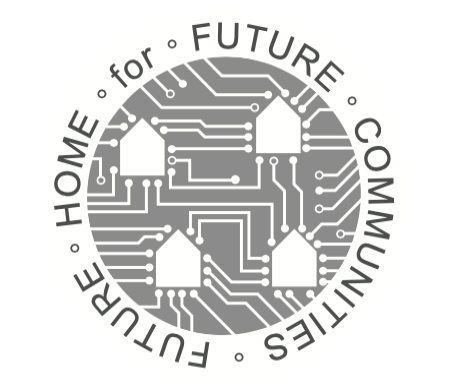

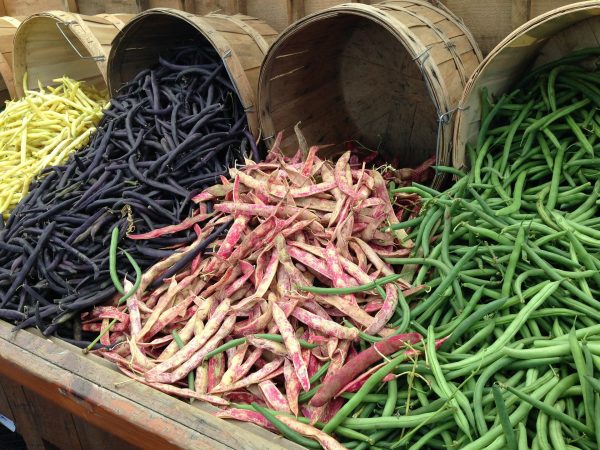
The general objective of the project, coordinated by the University of Milan, is the evaluation of the potential use of new bean lines, with low content of antinutritional factors, and accessions of white lupin and blue lupin of particular interest as innovative protein sources in piglet feeding, both in terms of nutritional efficiency and environmental impact. An in vivo trial in piglets at weaning will allow to evaluate the nutritional efficiency of the new feeds, to identify variations of the intestinal microbiota associated to the different diets that will be tested and, finally, to evaluate the effective bioavailability of macro- and micronutrients and the reduction of environmental impact, both in terms of reduced excretion of phosphorus and minerals, and from the microbiological point of view. IBBA-CNR will be responsible for assessing and providing the bean genetic materials and for the activities related to microbiota analysis.
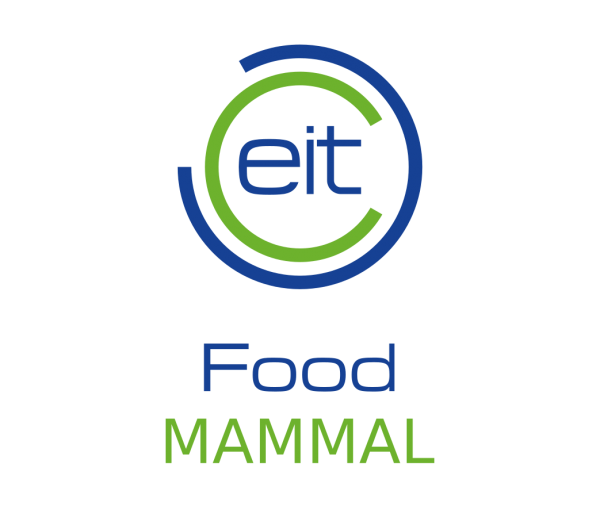
The MAMMAL project aims to improve infant formula by determining the impact of food processing on the generation of specific proteins included in the product which in turn promote a healthy gut microbiome.
MAMMAL will involve development of a platform using Machine Learning algorithms to process data from this research. This will enable us to connect food processing with the generation of different specific modified proteins and determine the effects these have on infants’ gut microbiota. Companies which product infant formula will be able to use this platform to determine the most beneficial proteins to include, helping them to develop formula which promotes a healthy gut microbiome. The platform will also provide guidance on food processing and develop new targeted protein formulations which could be used within infant formula.

Understanding the relationship between diet, metabolites and host/microbiota is one of the key challenges in studying personalized nutrition for the more fragile segments of the population, such as children. In this regard, the incomplete digestive system of the infant fed with milk-based formulas can be affected by modifications of proteins/carbohydrates deriving from the manufacturing processes. Since the gut microbiota is crucial for homeostasis and the development of a functional immune system or the onset of intolerances, its modulation through dietary interventions is one of the most promising approaches.
The MIGHT project innovates the production of artificial milks, demonstrating that minimally modified amino acids could have specific positive outcomes (production of short-chain fatty acids, known for their anti-inflammatory properties) in the presence of some microbial species, even in the case of a reduced digestibility in the small intestine. Furthermore, IT tools (nutrition ontologies) will be developed, and data structuring will be managed through dedicated database resources. The results will be used as an interconnected set of innovative tools with the design of targeted modifications of proteins and amino acids in foods for other fragile segments of the population such as the elderly in order to improve the quality of formula and the health of the gut microbiota.

